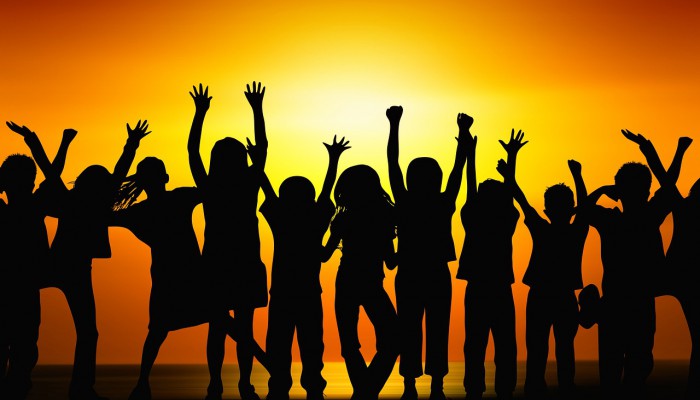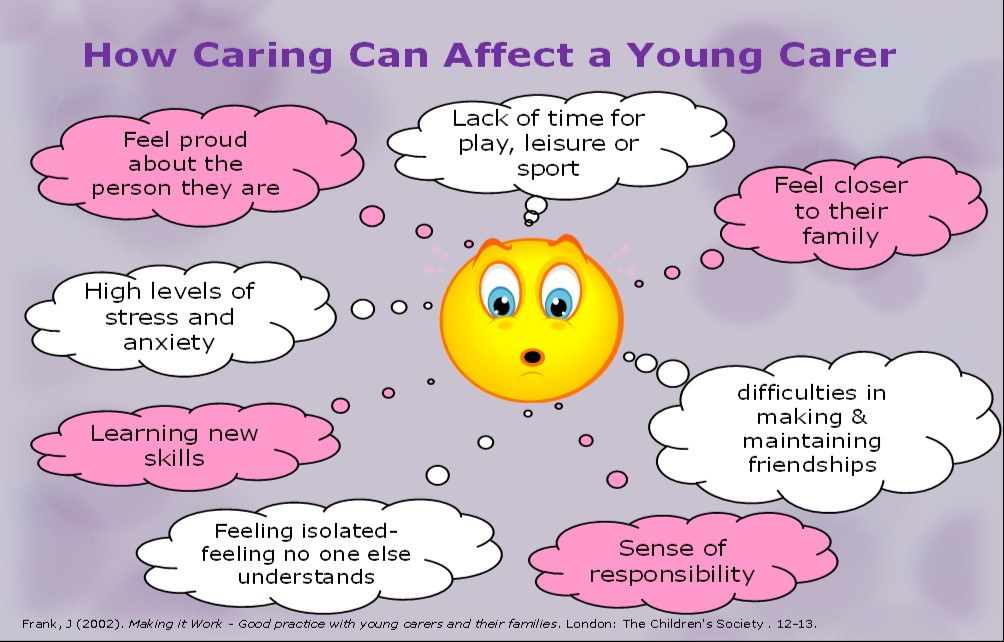Psychosocial-Oncology and Adolescents and Young Adults
As a psychologist, researcher and lived experience with cancer, I am keen to develop a program of research in psychosocial-oncology and particular in the area of psychosocial interventions and cancer to support adolescents and young adults impacted by familial cancer. While my research is about adolescents and young adults (AYAs) in general, those who are marginalised such as refugees are more likely to be subject to multiple layers of distress when facing a cancer diagnosis within the family.
A cancer diagnosis is often a life-changing event that presents unique challenges to all involved. A substantial body of research documents that this experience can have a ripple effect not only on the individual but also on family members. For many people and their families affected by cancer, the first weeks following diagnosis are very stressful. They might be overwhelmed and confused as they often feel that they are on an emotional rollercoaster. The successful functioning of the family might be impacted; family members might not be able to do the things they usually enjoy together, their work life might be impacted, and their relationships might change (Ohayashi & Yamada, 2012).
Studies have shown that physical pain and suffering, as well as emotional, spiritual, social, and financial distress, might contribute to isolation from the community and decreased family functioning (Klassen et al., 2012; Ohayashi & Yamada, 2012). These challenges and stressors might increase the risk of poor well-being and mental health problems in all family members (Patterson et al. 2004). This can have an adverse impact on the adolescents and young adults (AYAs), who have unique psychosocial and emotional needs during this often-challenging developmental stage of life.
Studies show that young individuals experience enormous developmental and growth opportunities and challenges – from physical to psychosocial and sexual changes – all of which are disrupted when facing a cancer diagnosis within the family. Moreover, adolescents and young adults are in a period of aiming towards independence, and this challenging experience often keeps them very linked to the family, in ways that are of course valuable, but also might limit their opportunities to explore life like other young usually do. Of this cohort, some groups such as young immigrants and refugees present as more vulnerable as the demands of migration itself involve specific challenges and at times compounding stressors such as language, social, cultural and financial barriers as well as being misunderstood by health professionals and receiving treatment and services that are contrary to their cultural practices (Berry, Uichol, Thomas, & Doris, 1981; Federation of Ethnic Communities’ Councils of Australia, 2010; Johnson, 2011). This might be further compounded for young refugees who have experienced multiple traumatic events (Deepak, 2005; Grootenhuis & Last, 1997; Jones, 2012; Kelly & Kelly, 2013; Klassen et al., 2012).
Although some might successfully navigate the challenges through reliance on existing coping strategies, including social support to maintain their well-being (Hosseini, 2016), there is a need to understand ways and programs that minimise disruptions and thereby foster healthy development concurrent with settlement processes, developmental stages and cancer-related experiences.

